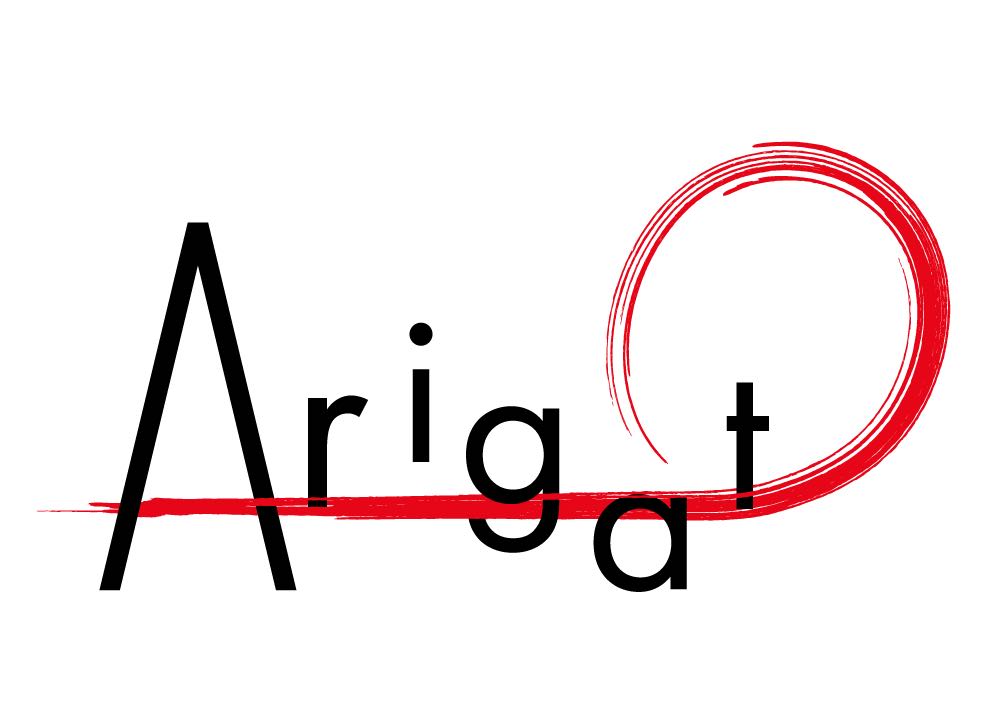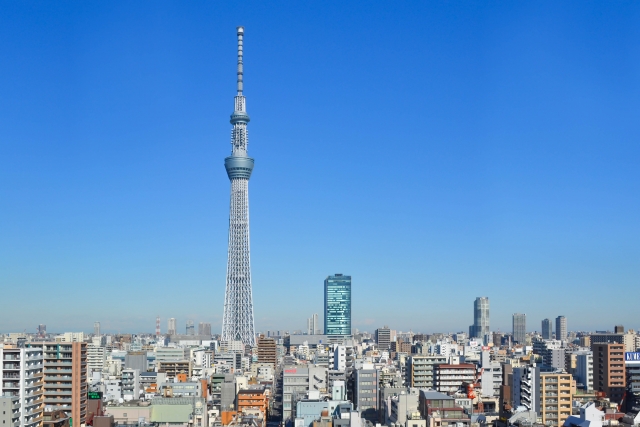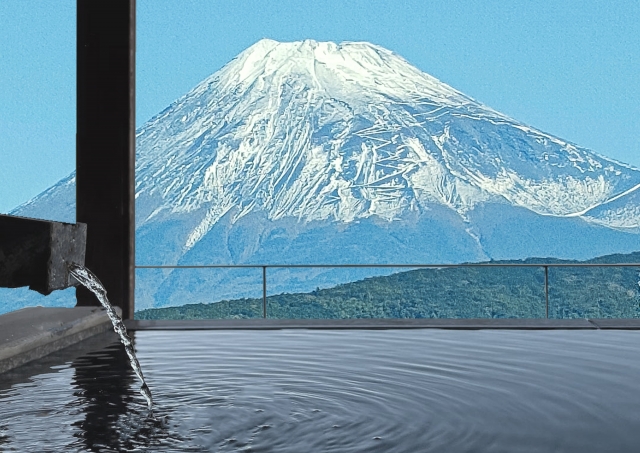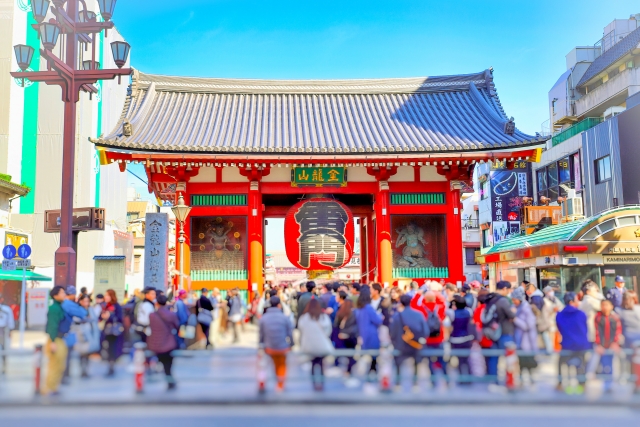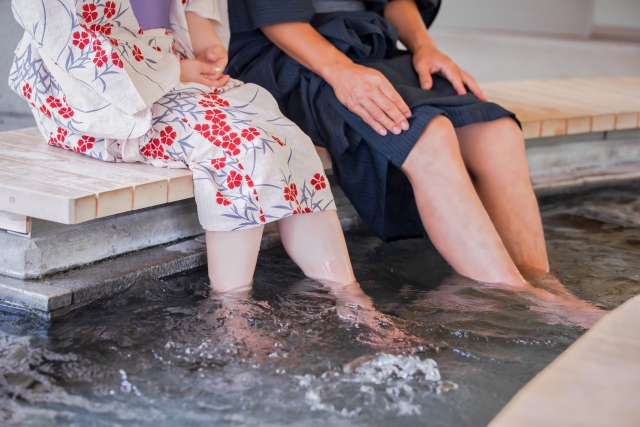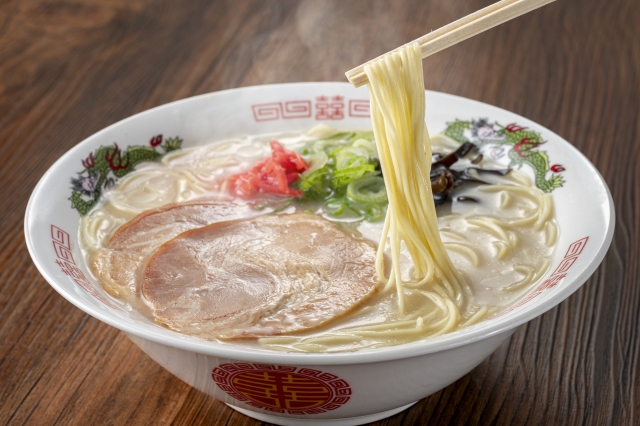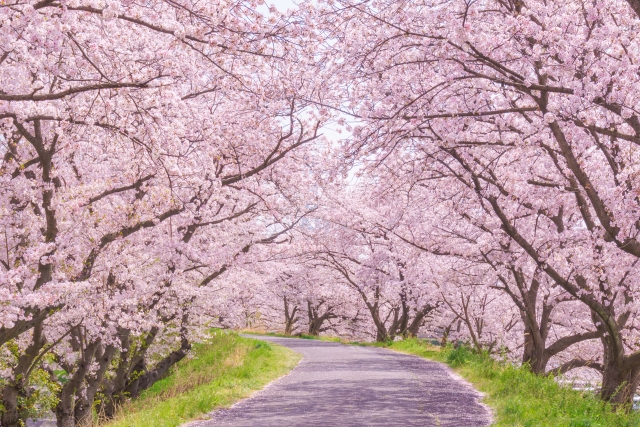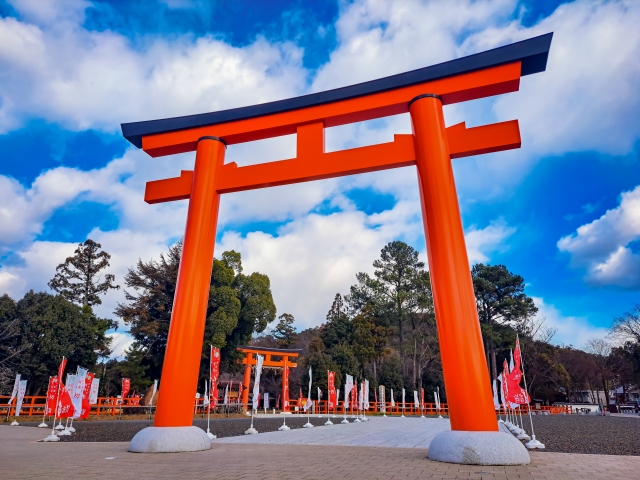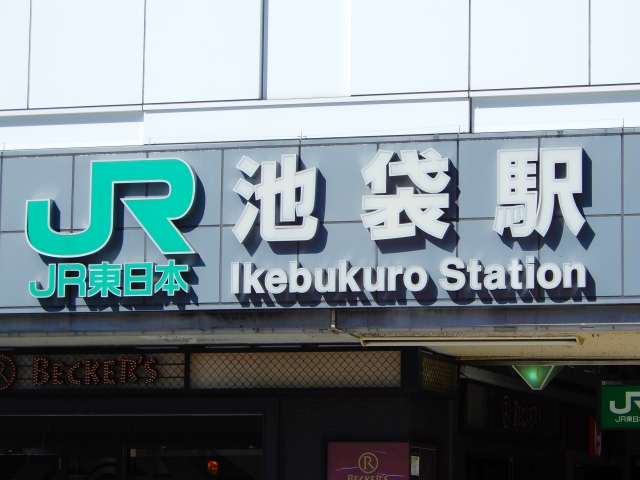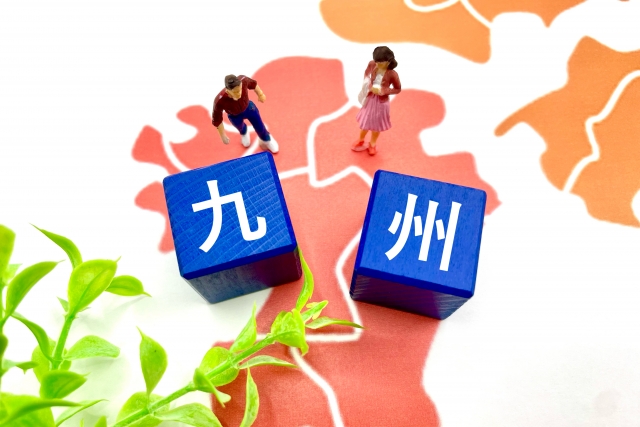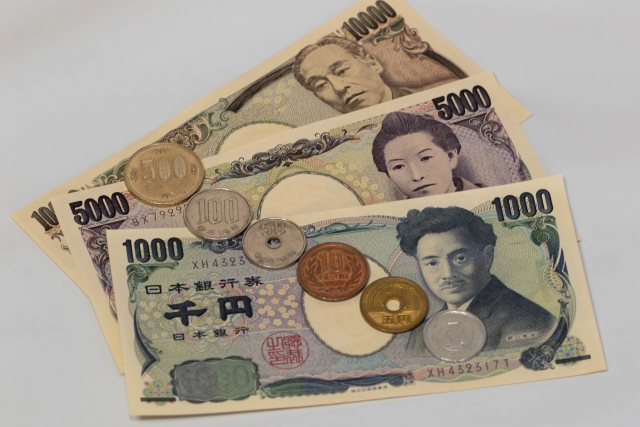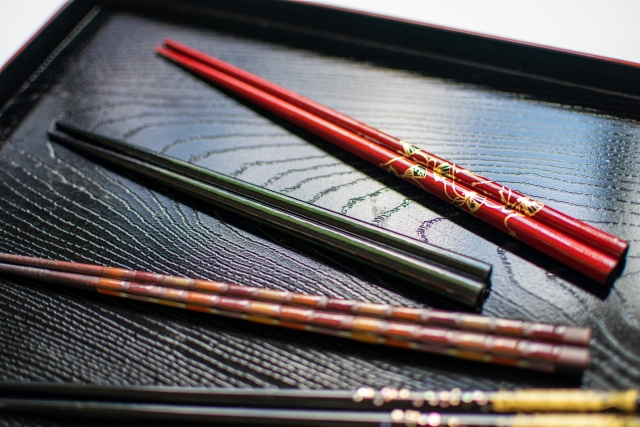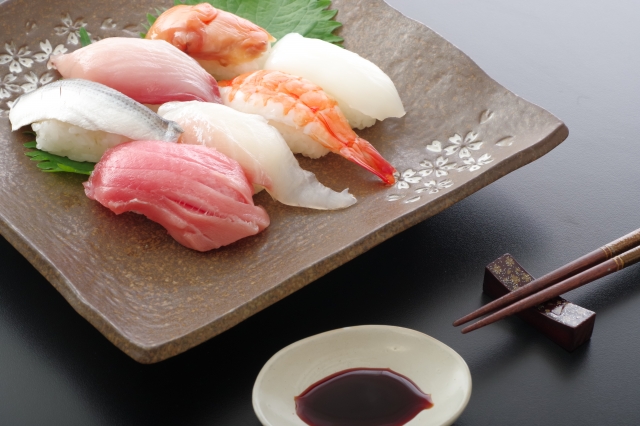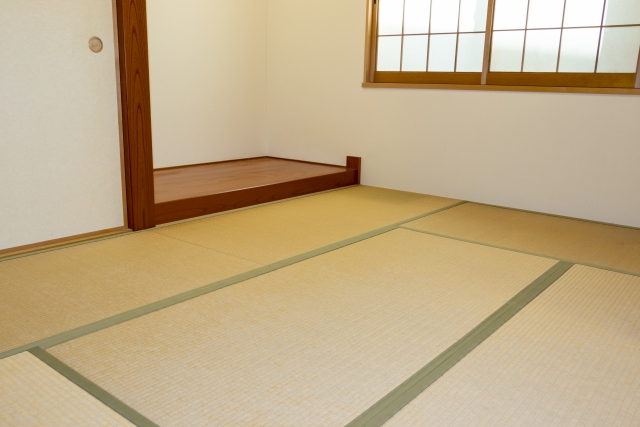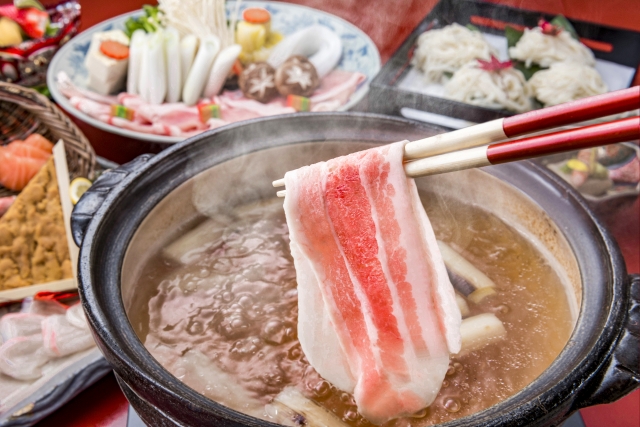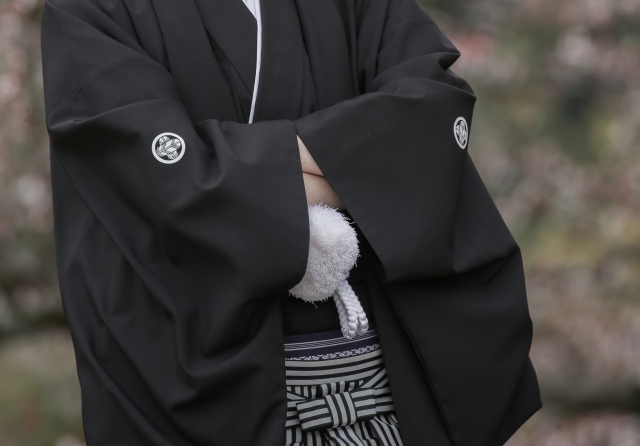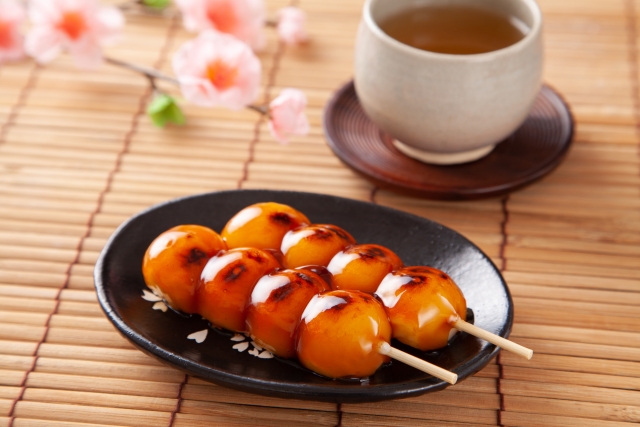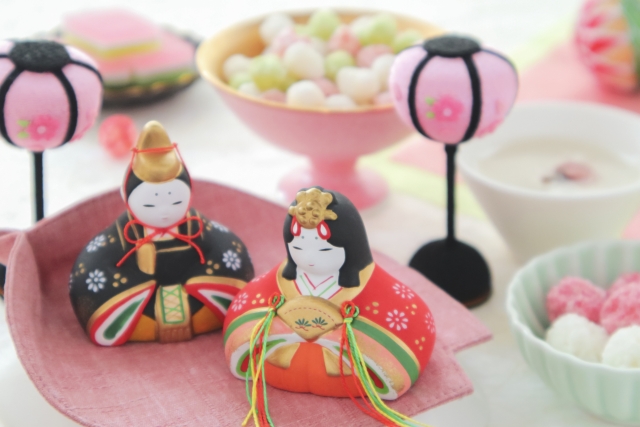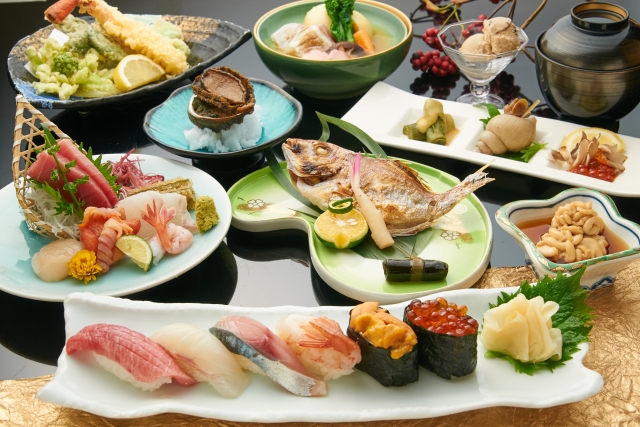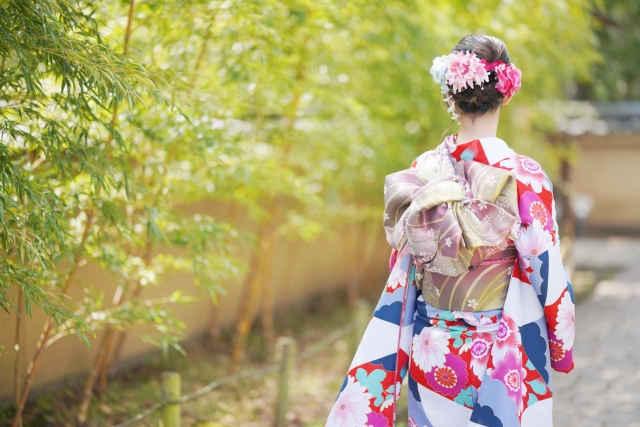“In any country, there are a number of ways to express thanks.
Even in English, “Thank you” is basically fine, but in English, “Thanks a lot,” “Thank you very much,” ” Thank you so much”, “Many thanks.”, “I appreciate it”, etc.There are several ways to express your appreciation and you use it in different ways depending on the relationship and the situation, right? If you can use more than one, your daily life will be more fulfilling and you will be able to express your appreciation to others.
It’s the same in Japan, so let’s learn the 10 ways to say “thank you” in Japanese and get used to Japanese culture.
 In Japan, social status is very important. Depending on what social class you are in, your reactions and the way you talk to others will vary. The phrases you use can vary depending on the relationship, situation, and age of the person you are talking to, whether it is a friend or an older person, a boss at work or a client.”
In Japan, social status is very important. Depending on what social class you are in, your reactions and the way you talk to others will vary. The phrases you use can vary depending on the relationship, situation, and age of the person you are talking to, whether it is a friend or an older person, a boss at work or a client.”
 This is the most standard expression of thanks. You often hear it in Japanese shows and anime, right? It’s the most basic expression of thanks, so it’s important to remember it.Arigato”” is a casual phrase and is usually used for family, friends, partners, and people of the same age or younger.”
This is the most standard expression of thanks. You often hear it in Japanese shows and anime, right? It’s the most basic expression of thanks, so it’s important to remember it.Arigato”” is a casual phrase and is usually used for family, friends, partners, and people of the same age or younger.”
 This is the polite form of “”Arigato””. It can be used for people who are older than you, or for strangers such as restaurant or hotel staff.
If you learn this first, you can’ t go wrong.”
This is the polite form of “”Arigato””. It can be used for people who are older than you, or for strangers such as restaurant or hotel staff.
If you learn this first, you can’ t go wrong.”
 “Domo-Arigato-gozaimasu” is an expression that emphasizes thanks by adding the emphatic word “Domo”.
It is mainly used to express thanks in conversation, but it is a quite It is not appropriate for business partners, superiors, bosses, or customers. It should be avoided in business situations.Simply saying “”Domo”” is also used as a greeting, but it is not a polite expression. Please note that it is rude to use it when talking to superiors, supervisors, clients, or customers.”
“Domo-Arigato-gozaimasu” is an expression that emphasizes thanks by adding the emphatic word “Domo”.
It is mainly used to express thanks in conversation, but it is a quite It is not appropriate for business partners, superiors, bosses, or customers. It should be avoided in business situations.Simply saying “”Domo”” is also used as a greeting, but it is not a polite expression. Please note that it is rude to use it when talking to superiors, supervisors, clients, or customers.”
 The phrase “Itumo-Arigato-gozaimasu” is a less serious way of expressing appreciation for your ongoing relationship with someone. It is an expression used in business situations, mainly for greeting customers and business partners.
This phrase is appropriate for greeting customers when they visit your store or for light greetings in e-mails.”
The phrase “Itumo-Arigato-gozaimasu” is a less serious way of expressing appreciation for your ongoing relationship with someone. It is an expression used in business situations, mainly for greeting customers and business partners.
This phrase is appropriate for greeting customers when they visit your store or for light greetings in e-mails.”
 “Makotoni-Arigato-gozaimasu” is the highest level of appreciation among expressions using ” Arigato”. It is a formal expression that is often used by superiors, customers, and at work. The word “Makotoni” is an adverb meaning “really” and is similar to the emphatic expressions “so much” and “very much” in English.”
“Makotoni-Arigato-gozaimasu” is the highest level of appreciation among expressions using ” Arigato”. It is a formal expression that is often used by superiors, customers, and at work. The word “Makotoni” is an adverb meaning “really” and is similar to the emphatic expressions “so much” and “very much” in English.”
 This is a unique Japanese expression. The meaning of “Sumimasen” itself can be directly translated as “Excuse me” or “Sorry,” but in Japan, it is used as a meaning of “Thank you” in some situations. For example, “Sumimasen”is often used when someone holds the door open for you in an elevator, or when someone gives up their seat for you on the train.
This is a way of saying thank you, not an apology. The phrase “Sumimasen” means “”Thank you for taking the trouble to do that”” and is often heard in Japan.
However, just “Arigato” is fine, and I personally prefer “Arigato” to “Sumimasen” because it is more positive, so just remember it.
This is a unique Japanese expression. The meaning of “Sumimasen” itself can be directly translated as “Excuse me” or “Sorry,” but in Japan, it is used as a meaning of “Thank you” in some situations. For example, “Sumimasen”is often used when someone holds the door open for you in an elevator, or when someone gives up their seat for you on the train.
This is a way of saying thank you, not an apology. The phrase “Sumimasen” means “”Thank you for taking the trouble to do that”” and is often heard in Japan.
However, just “Arigato” is fine, and I personally prefer “Arigato” to “Sumimasen” because it is more positive, so just remember it.
 The word “Kanshashimasu”is used more in writing than in conversation.
Nowadays, it is also used in e-mails, messengers, Line app, and other communication tools, such as “appreciation”.
The word “Kanshashimasu”is used more in writing than in conversation.
Nowadays, it is also used in e-mails, messengers, Line app, and other communication tools, such as “appreciation”.
 “Osoreirimasu” is used frequently in daily conversation and has a wide range of expressions.Osoreirimasu is commonly written as “Kyousyukudesuga”.
By adding “Osoreirimasu” at the beginning of the sentence, it can mean “I’m sorry”or “I’m afraid” when making a request. Also, if you say “Osoreirimashita” in response to something the other person has done, it can mean “admiration”. It is a polite expression that can be used in a wide range of ways.
“Osoreirimasu” is used frequently in daily conversation and has a wide range of expressions.Osoreirimasu is commonly written as “Kyousyukudesuga”.
By adding “Osoreirimasu” at the beginning of the sentence, it can mean “I’m sorry”or “I’m afraid” when making a request. Also, if you say “Osoreirimashita” in response to something the other person has done, it can mean “admiration”. It is a polite expression that can be used in a wide range of ways.
 This expression is frequently used as an opening greeting in business documents and e-mails sent to business partners. It is often used when a product is purchased or in regularly sent messages such as e-mail newsletters. The phrase “Heisoha-kakubetsuno-gokouhaiwo-tamawari-atsuku-onreimoushiagemasu” is used as a standard phrase, so it’s good to remember it.
This is a polite way to express your gratitude to the person you are talking to, so it is definitely something you may want to remember.
This expression is frequently used as an opening greeting in business documents and e-mails sent to business partners. It is often used when a product is purchased or in regularly sent messages such as e-mail newsletters. The phrase “Heisoha-kakubetsuno-gokouhaiwo-tamawari-atsuku-onreimoushiagemasu” is used as a standard phrase, so it’s good to remember it.
This is a polite way to express your gratitude to the person you are talking to, so it is definitely something you may want to remember.
 The phrase “Tasukaru / Tasukarimasu” is basically used as a response to someone suggesting that theyhelp you with something. Like conversation “Shall I help you?-“That helps a lot”. In most cases, it is used for people of the same level or a little higher, such as business partners involved in the same work, or for people below you.
The phrase “Tasukaru / Tasukarimasu” is basically used as a response to someone suggesting that theyhelp you with something. Like conversation “Shall I help you?-“That helps a lot”. In most cases, it is used for people of the same level or a little higher, such as business partners involved in the same work, or for people below you.
 “Ureshii” is an adjective that expresses how you feel.
This is the same as “”Tasukarimasu”” and is basically a word used as a response when the someone offers to help you with something.
Although it is kind of a slang expression, it is appropriate to use it only for people with strong relationships, colleagues or people below you, and it is good to use it to shorten the distance between you as well.”
“Ureshii” is an adjective that expresses how you feel.
This is the same as “”Tasukarimasu”” and is basically a word used as a response when the someone offers to help you with something.
Although it is kind of a slang expression, it is appropriate to use it only for people with strong relationships, colleagues or people below you, and it is good to use it to shorten the distance between you as well.”
 This is a slang word, not a formal word, but it is a phrase that is understood by most people. That’s “”azasu””. When you say “”Arigato gozaimasu”” quickly, as if the beginning and end of the word were connected, it sounds like “”azasu,”” which is how it came to be used.
It is rarely used in business situations, but is often used by students, especially sports-oriented male students. The tone is casual and light, so when you use it, make sure to use it in an appropriate situation”
This is a slang word, not a formal word, but it is a phrase that is understood by most people. That’s “”azasu””. When you say “”Arigato gozaimasu”” quickly, as if the beginning and end of the word were connected, it sounds like “”azasu,”” which is how it came to be used.
It is rarely used in business situations, but is often used by students, especially sports-oriented male students. The tone is casual and light, so when you use it, make sure to use it in an appropriate situation”
 “Thank you” is understood and used in Japan as well. If you forget, for example, there is nothing wrong with the English “Thank you.”
“Thank you” is understood and used in Japan as well. If you forget, for example, there is nothing wrong with the English “Thank you.”
 Saying thank you in their language is a great way to make them happy, but the most important thing is that they can feel your appreciation.
I believe that the most valuable thing is to look the person in the eye and say it with a smile. Also, your attitude conveys more to the other person than your words, so please pay attention to that as well.
Saying thank you in their language is a great way to make them happy, but the most important thing is that they can feel your appreciation.
I believe that the most valuable thing is to look the person in the eye and say it with a smile. Also, your attitude conveys more to the other person than your words, so please pay attention to that as well.
Japanese expression of gratitude “Arigato!”
Contents
- Before learning the various thanks.
- “Arigato” – Thank you.
- “Arigato-gozaimasu” -Thank you very much.
- “Domo-Arigato-gozaimasu”-Thank you very much.
- “Itsumo-Arigato-gozaimasu”-Thank you as always.
- “Makotoni-Arigato-gozaimasu”-Thank you very much.
- ”Suimasen” -Excuse me
- “Kanshashimasu” – I appreciate you.
- “Osoreirimasu” – I’m afraid to(that).
- “Atsuku onreimousiagemasu” – I would deeply appreciate you.
- “Tasukarimasu” – That hels a lot.
- “Ureshiidesu” – I am happy.
- “Azasu” – Thanks.
- “Thank you”
- The most important thing
